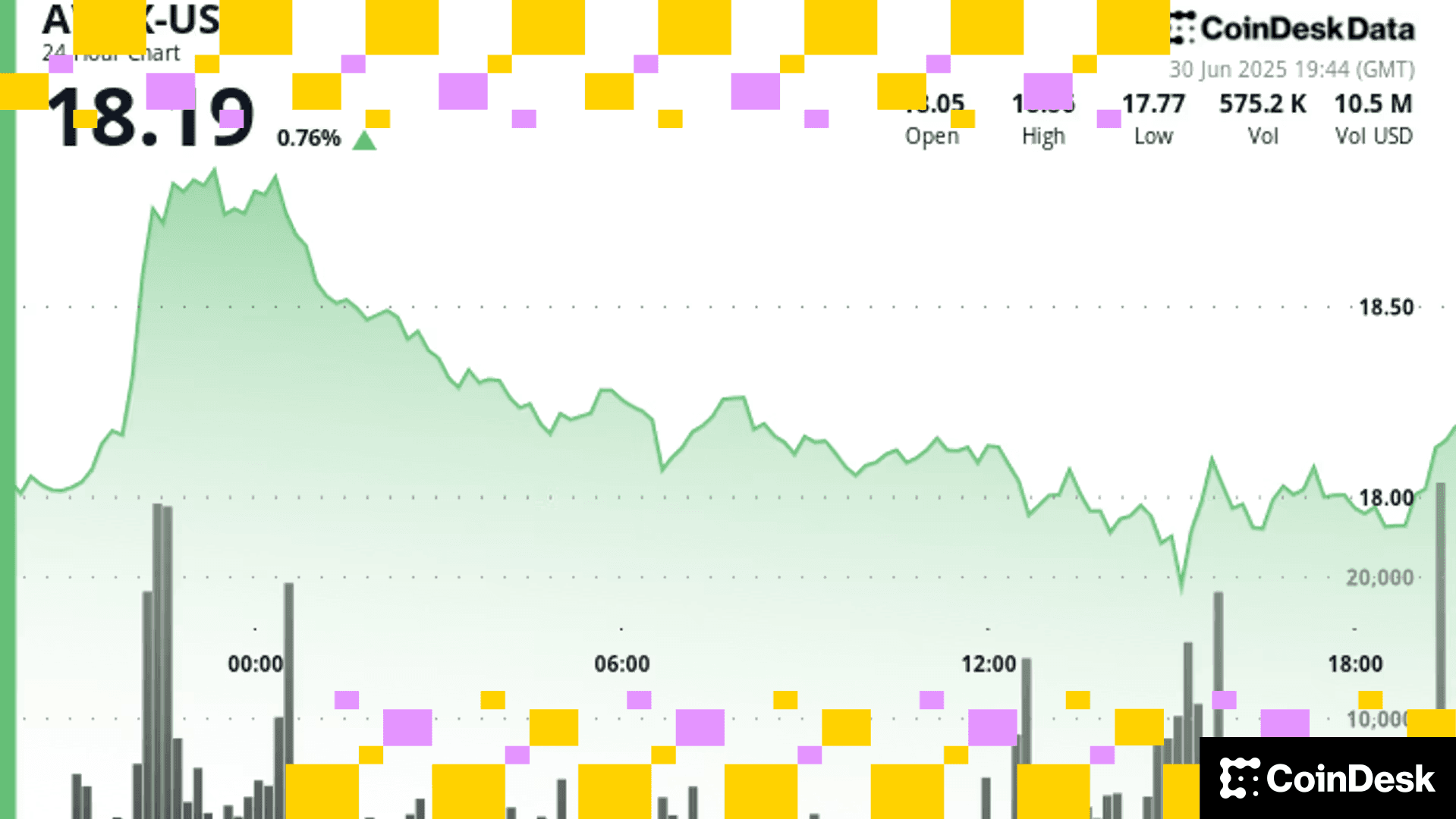US House of Representatives to Consider Legislation on El Salvador’s Bitcoin Adoption
The bi-partisan Accountability for Cryptocurrency in El Salvador (ACES) Act mirrors legislation that advanced out of a Senate committee last month.
U.S. representatives Norma J. Torres (D-Calif.) and Rick Crawford (R-Ark.) on Monday introduced the Accountability for Cryptocurrency in El Salvador (ACES) Act, looking to mitigate risks to the U.S. financial system from El Salvador's adoption of
- “El Salvador’s adoption ofbitcoin is not a thoughtful embrace of innovation, but a careless gamble that is destabilizing the country,” Torres tweeted Monday.
- According to a release published by Torres, “the legislation directs the State Department to produce an analysis of El Salvador’s adoption of bitcoin as legal tender and the risks for cybersecurity, economic stability and democratic governance in El Salvador, and create a plan to mitigate potential risks to the U.S. financial system.”
- For reference on "risks," El Salvador's GDP is roughly $25 billion versus U.S. GDP of $21 trillion.
- The bill functions as a companion to the Senate bill introduced by senators James Risch (R-Idaho), Bob Menendez (D-N.J.) and Bill Cassidy (R-La.) on Feb. 16. That legislation advanced out of committee on March 23, putting it on path to be voted on by the full Senate.
- At the time, El Salvador's president, Nayib Bukele, expressed his disagreement with the bill: “Never in my wildest dreams would I have thought that the U.S. [government] would be afraid of what we are doing here,” he tweeted.
More For You
Exchange Review - March 2025

CoinDesk Data's monthly Exchange Review captures the key developments within the cryptocurrency exchange market. The report includes analyses that relate to exchange volumes, crypto derivatives trading, market segmentation by fees, fiat trading, and more.
What to know:
Trading activity softened in March as market uncertainty grew amid escalating tariff tensions between the U.S. and global trading partners. Centralized exchanges recorded their lowest combined trading volume since October, declining 6.24% to $6.79tn. This marked the third consecutive monthly decline across both market segments, with spot trading volume falling 14.1% to $1.98tn and derivatives trading slipping 2.56% to $4.81tn.
- Trading Volumes Decline for Third Consecutive Month: Combined spot and derivatives trading volume on centralized exchanges fell by 6.24% to $6.79tn in March 2025, reaching the lowest level since October. Both spot and derivatives markets recorded their third consecutive monthly decline, falling 14.1% and 2.56% to $1.98tn and $4.81tn respectively.
- Institutional Crypto Trading Volume on CME Falls 23.5%: In March, total derivatives trading volume on the CME exchange fell by 23.5% to $175bn, the lowest monthly volume since October 2024. CME's market share among derivatives exchanges dropped from 4.63% to 3.64%, suggesting declining institutional interest amid current macroeconomic conditions.
- Bybit Spot Market Share Slides in March: Spot trading volume on Bybit fell by 52.1% to $81.1bn in March, coinciding with decreased trading activity following the hack of the exchange's cold wallets in February. Bybit's spot market share dropped from 7.35% to 4.10%, its lowest since July 2023.
More For You












